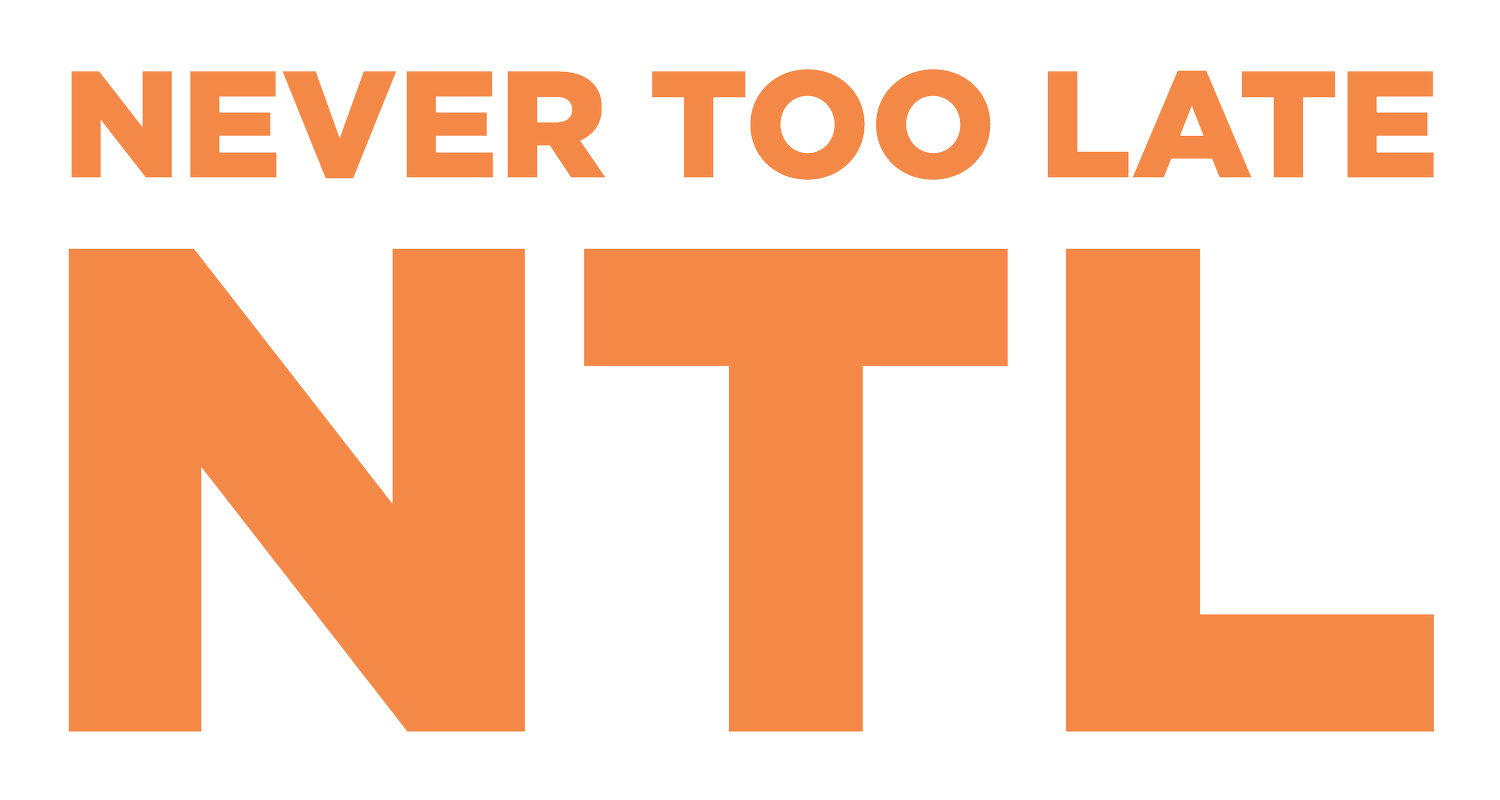Making Space for Lived Experts
In July, Never Too Late (NTL) staff had the opportunity to attend the Families Rising annual conference. One keynote, Making Space for Lived Experts brought together a panel of professionals with lived expertise in foster care, adoption, or kinship care. It focused on how to enhance the contributions of those with lived expertise to enhance their involvement in advancing organizational missions, extending beyond traditional keynote speaking roles to more integral, impactful positions. We wanted to share our soundbites and takeaways from the panel with you!
Big gratitude to the Lived Expert panelists:
Nathan Ross, MSW, LMSW, Families Rising, Florida,
Jamole Callahan, Families Rising, IN,
Jessica Funk, Families Rising, MO, &
Deanna Jones, Families Rising, OH,
Indi LaBellarte, Families Rising, MO
Regardless of what your connection is to young people from child welfare, we must ensure that we are listening and engaging with their living expertise as we collectively work towards better outcomes and supports.
For those of you who may be a Human or caregiver to a young person, these soundbites may not directly impact you and your relationship but may help you support your Lived Experts if they decide to engage in advocacy or system work!
Lived Experts will be shortened to LEs for brevity. This blog was written by a Lived Expert so it has been written using us/our when referring to LEs rather than them/their.
Soundbites & Takeaways We Loved!
In many spaces, Lived Experts are asked to share our story for the emotional impact alone rather than to meaningfully inform actionable change. This needs to change!
Sharing our stories can be healing, and harmful. Most people who ask to do so, do not guide us through navigating and reducing harm and may not even acknowledge it can be harmful at all.
For those of us who come to work in the field, professionals we work with may have heard us tell our stories in previous spaces. This may impact how they see us and treat us in a professional setting.
It’s important to be intentional about the language and the use of the term Lived Experts
Having Lived Expert panels is not tokenistic in and of itself, but when it is the only opportunity for Lived Expert voices and there is no plan to do something with what is shared, it is tokenistic and harmful.
Lived Experts needs to be adequately and equitably compensated for our expertise, as we would compensate any expert.
“It’s performative for me, if young people cannot slow down the process.” If there is no power at the table for LE, engaging us is likely tokenistic.
You can be the person that helps Lived Experts see the value in what they can share and support us to ensure they are asking for equitable and reasonable compensation!
It can be helpful for LEs to have mentors and peers (also LEs) who can support us to navigate doing uncomfortable and challenging things when working in advocacy, education or doing speaking events.
For LEs: find the why, for those who support LEs: help us find the why! What is the main message and what change is sought? How can that be aligned to the story told and used to determine which speaking engagements make sense to do based on the changes you want to see.
It’s important to ensure LEs who are new to sharing our story also have opportunities and support. Make space for new folks!
As an ally you can advocate within the organization you work at/with or receive services from to meaningfully engage LEs.
When engaging with LEs, be ready to make mistakes, be vulnerable about being wrong, be ready to receive feedback, sit in discomfort, and commit to always learning!
For organizations! Don’t just engage LEs for speaking opportunities, hire us into decision making roles where they can shape the culture. Remember: it’s engaging and employing LEs is full of opportunity and should be treated as such!
It’s important for supervisors and managers to competent in understanding how trauma impacts us and responding to it.
Speak and communicate like there is a Lived Expert in the room (even when there isn’t) to build a culture where LEs can be brave/safe and feel a sense of belonging.
For more information about Families Rising, or their annual conference, visit wearefamiliesrising.org.
Soundbites and Takeaway for this blog were drafted by Wendy Hayes, Lived Expert, Kin caregiver, and Communications Coordinator at Never Too Late (NTL).
